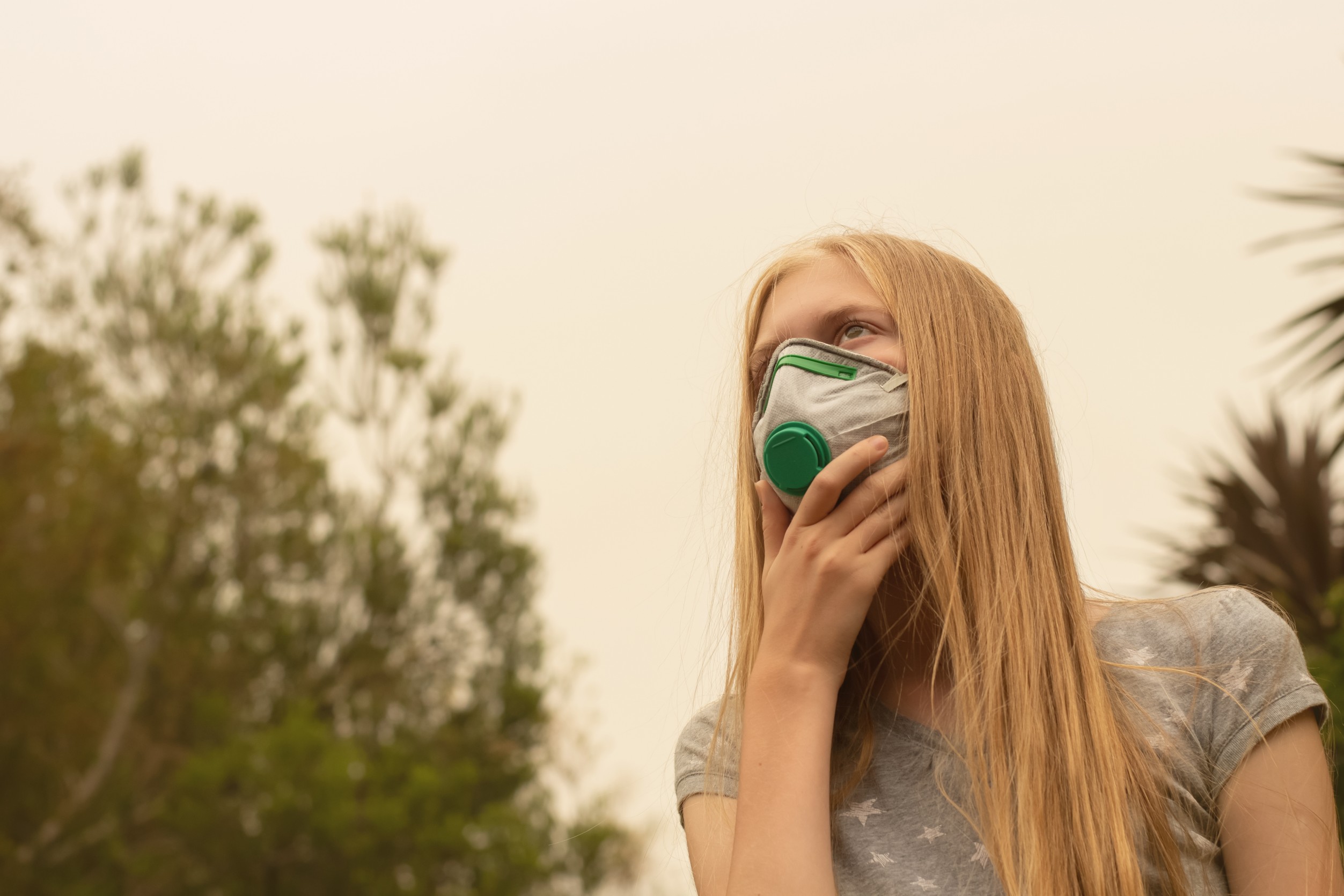
Heavy Rain, Flooding, and Chance of Severe Weather Staring Down the Southern U.S.
January 22, 2024
Posted: June 12, 2023 9:30 am





The poor air quality this week spreading throughout the U.S. in the wake of the wildfires raging in Canada can create serious health impacts.
While the smoke may create stunning sunsets and sunrises, the smoke can also take a toll on a person’s health regardless of pre-existing health conditions. Here is what you need to know about this potentially dangerous problem.
Thick smoke has funneled down from Canada, enveloping some of America’s biggest cities. New York City, Philadelphia, Detroit, Indianapolis, Washington, D.C., and Charlotte are just a few of the major metropolitan areas that have experienced poor air quality over the last week.
The heavy smoke is the result of wildfires burning in the Canadian province of Quebec. A large area of the eastern U.S. has since been exposed to some of the worst air pollution in years. This smoke poses significant health threats to Americans, particularly to the most vulnerable groups of people.
The smoke from wildfires is full of microscopic particulate matter. This matter can travel deep into the lungs when inhaled, eventually making its way into the bloodstream. Thousands of people are sent to the hospital each year as a result of smoke inhalation from wildfires in the U.S.
These tiny particles contain more than just smoke and ashes from the burned trees and grass. The particles also continue harmful fumes from plastic and other types of matter. These particles are so small that they are able to migrate into the small air sacs in the lungs known as alveoli.
Respiratory failure is a common impact when people inhale too much smoke. Being exposed to carbon monoxide will poison the red blood cells and prevent proper oxygen uptake. This will raise the risk of suffering a heart attack or a stroke.
According to the U.S. Environmental Protection Agency (EPA), exposure to smoke from wildfires can also trigger asthma attacks, heart failure, bronchitis, and reduced lung function.
Numerous parts of the body beyond the lungs are impacted by this smoke, including the throat, oral cavity, and vocal cords. Potential complications also include issues with the sinuses, watery eyes, and the onset of coughing.
Children, the elderly, and those individuals with underlying health conditions are the most at risk. People dealing with cystic fibrosis, allergic rhinitis, chronic obstructive pulmonary disease (COPD), and congestive heart failure are at an elevated risk of developing serious complications that require medical care.

Because you will inevitably be exposed to some level of smoke if you live in this part of the U.S., it is important to recognize the symptoms that could lead to chronic health issues.
The first signs will likely be burning throughout the nasal cavity and mouth and changes in your voice. This means that the smoke exposure is beginning to irritate the airway linings.
Other potential symptoms include an increase in coughing, fatigue, chest pain, shortness of breath, headache, scratchy throat, elevated heart rate, and a runny nose. Be sure to keep a close eye on these symptoms, particularly if you fall into one of the vulnerable groups.
The good news is that there are steps that you can take to minimize the impacts of smoke exposure. Limiting your time spent outdoors is the most important and impactful step. You should also keep all doors and windows shut so that you create a safe space to breathe within your home.
Motorists should also keep the vehicle windows closed. Setting the air conditioning to the recirculate mode will also help.
This is a good time to break into your stash of pandemic face masks. A high-quality N95 mask will go a long way in filtering out the harmful particles.
While the U.S. has experienced a relatively tame wildfire season so far, the story is not the same in Canada. Because smoke knows no borders, Americans need to be aware of these potential impacts.
Be sure to closely monitor the air quality levels in your local area so that you can take the appropriate action to reduce your exposure to the smoke.
Did you find this content useful? Feel free to bookmark or to post to your timeline for reference later.

January 21, 2024

January 19, 2024

January 18, 2024